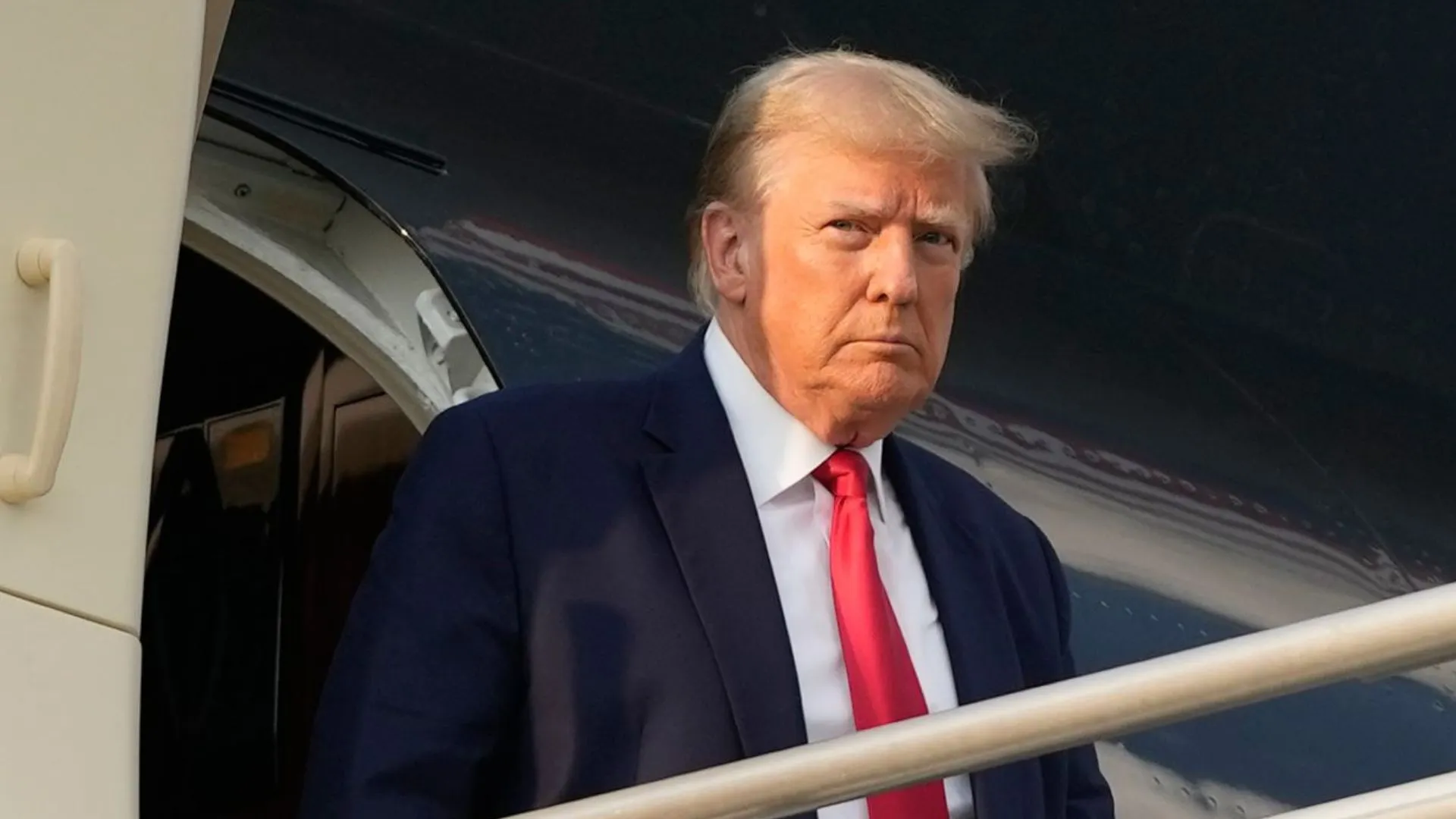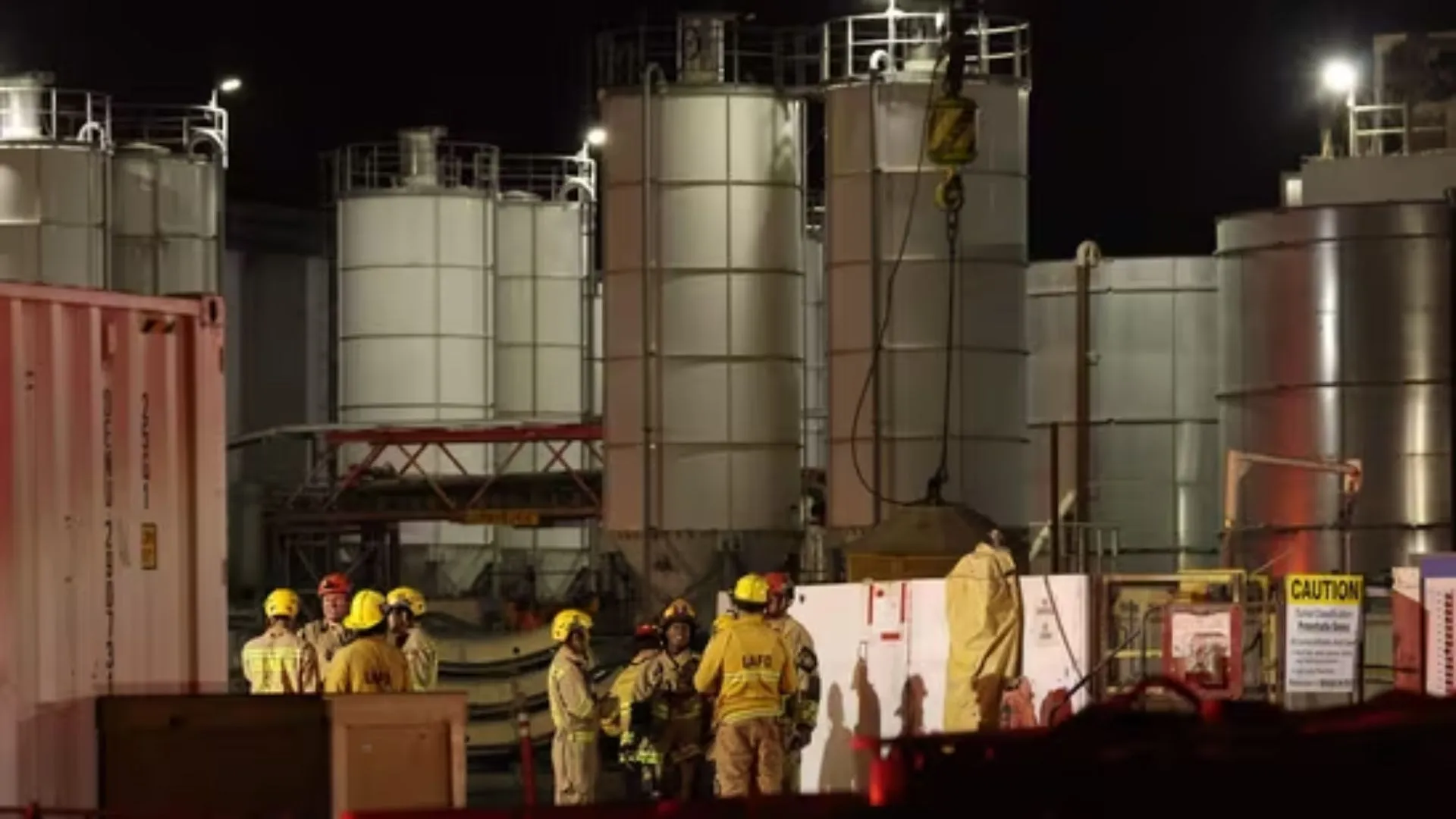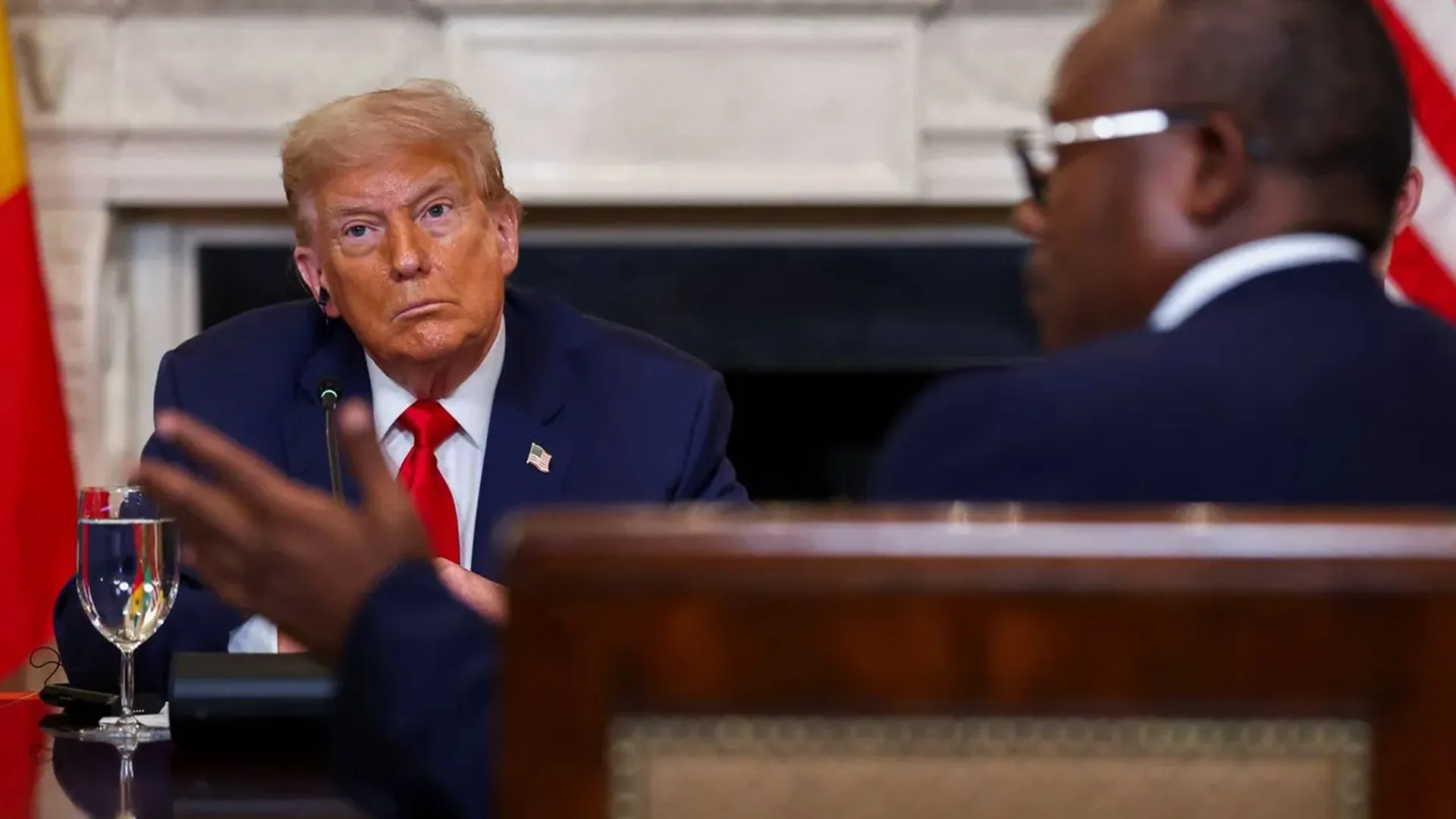US President Donald Trump dismissed reports that he left the G7 Summit in Canada to push for peace talks between Israel and Iran. In a social media post, he criticized French President Emmanuel Macron, saying the French leader was “publicity seeking” and had “mistakenly said” that he left the summit to return to Washington for ceasefire discussions.
Trump clarified in the post that Macron “has no idea why I am now on my way to Washington,” insisting it was “much bigger than” a ceasefire. He also added that “whether purposely or not, Emmanuel always gets it wrong,” and asked people to “stay tuned.”
Macron Hinted at US Ceasefire Proposal
Earlier, French President Emmanuel Macron had told reporters that an offer had been made by the US for a ceasefire between Israel and Iran. He said there was an opportunity “especially to have a ceasefire and to initiate broader discussions.”
Macron also noted that “if the United States of America can achieve a ceasefire, it is a very good thing,” and that France would support such an effort, expressing that “we wish for it.”
Trump Firm on Iran’s Nuclear Threat
Trump had already voiced his hardline stance on Iran before the G7 controversy. In another Truth Social post, he argued that “Iran should have signed the ‘deal’ I told them to sign,” calling the missed opportunity a “shame” and “a waste of human life.”
He added that “Iran cannot have a nuclear weapon,” a warning he said he has repeated many times. He also urged people to “immediately evacuate Tehran.”
Reinforcing his nationalistic stance, Trump said in another post that “America First means many great things, including the fact that Iran cannot have a nuclear weapon,” and concluded with “Make America Great Again.”
G7 Backs Israel’s Right to Defend, Blames Iran
Meanwhile, leaders of the G7 nations issued a joint statement from the summit in Canada, reaffirming their commitment to Middle East peace. They stated that “Israel has a right to defend itself,” and emphasized their support for the country’s security.
The G7 also highlighted the need to protect civilians during the conflict. In the same statement, they blamed Iran for destabilizing the region, declaring that “Iran is the principal source of regional instability and terror.”
They stressed that “Iran can never have a nuclear weapon,” and urged that resolving the Iranian crisis should lead to “a broader de-escalation of hostilities,” including a ceasefire in Gaza. They further pledged to “remain vigilant” regarding effects on global energy markets and said they were ready to act with other partners to “safeguard market stability.”






















